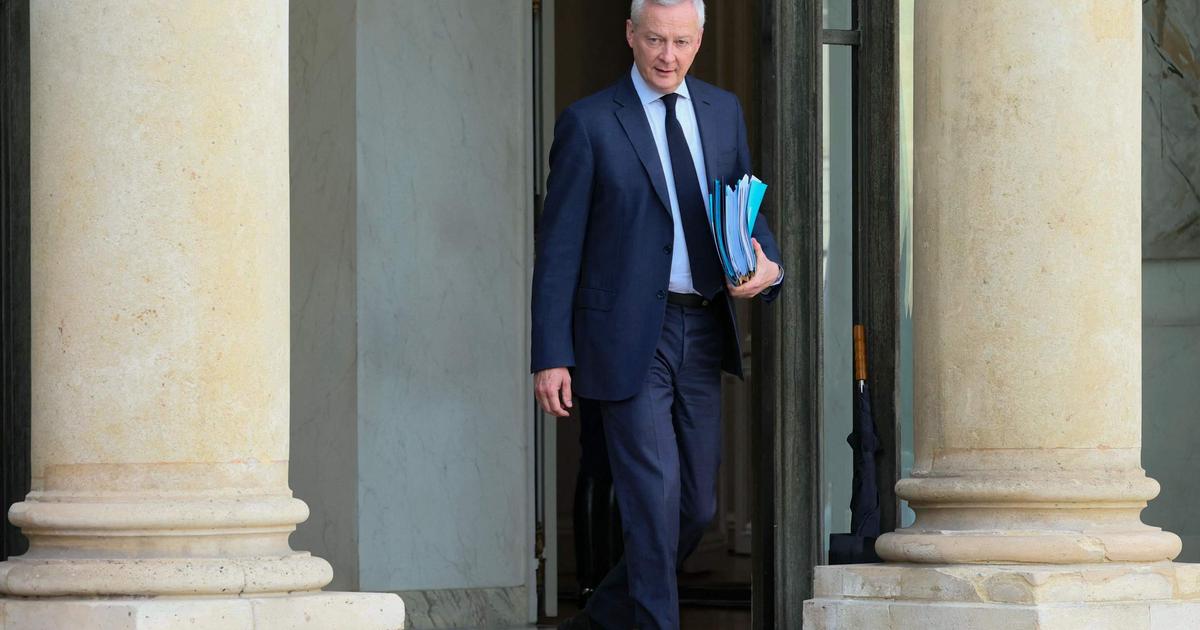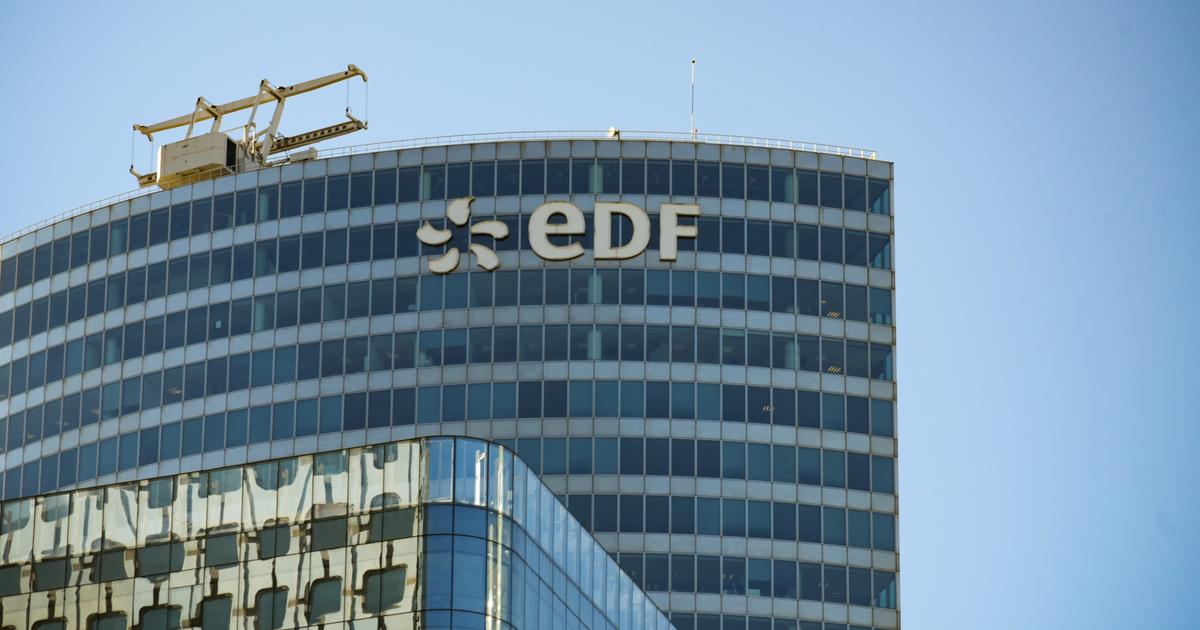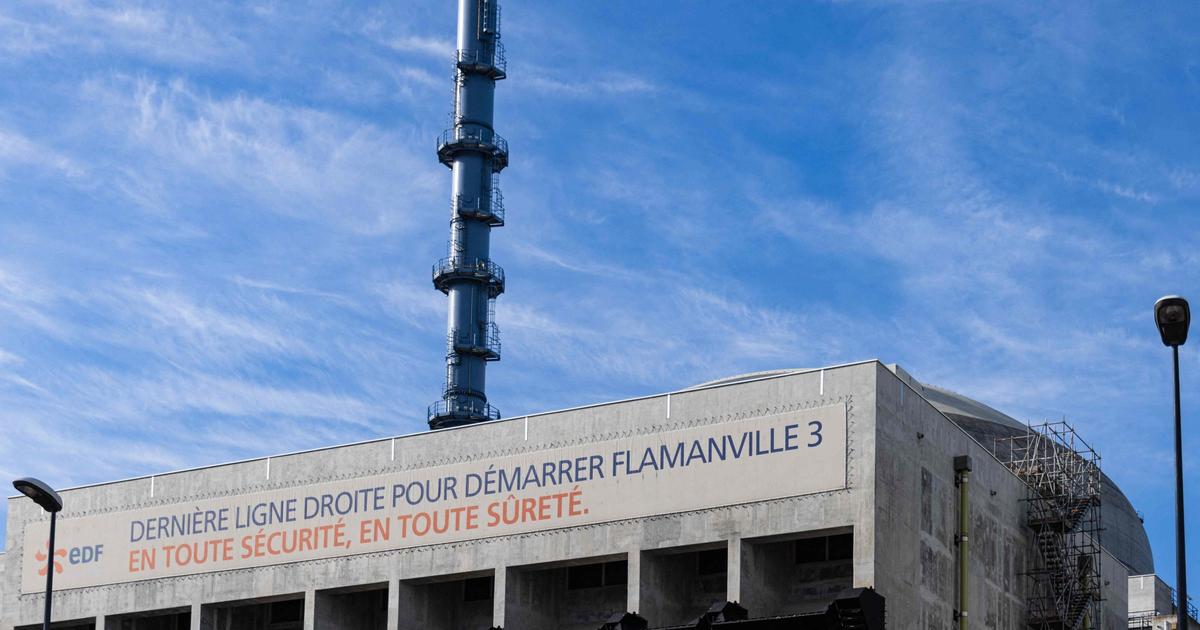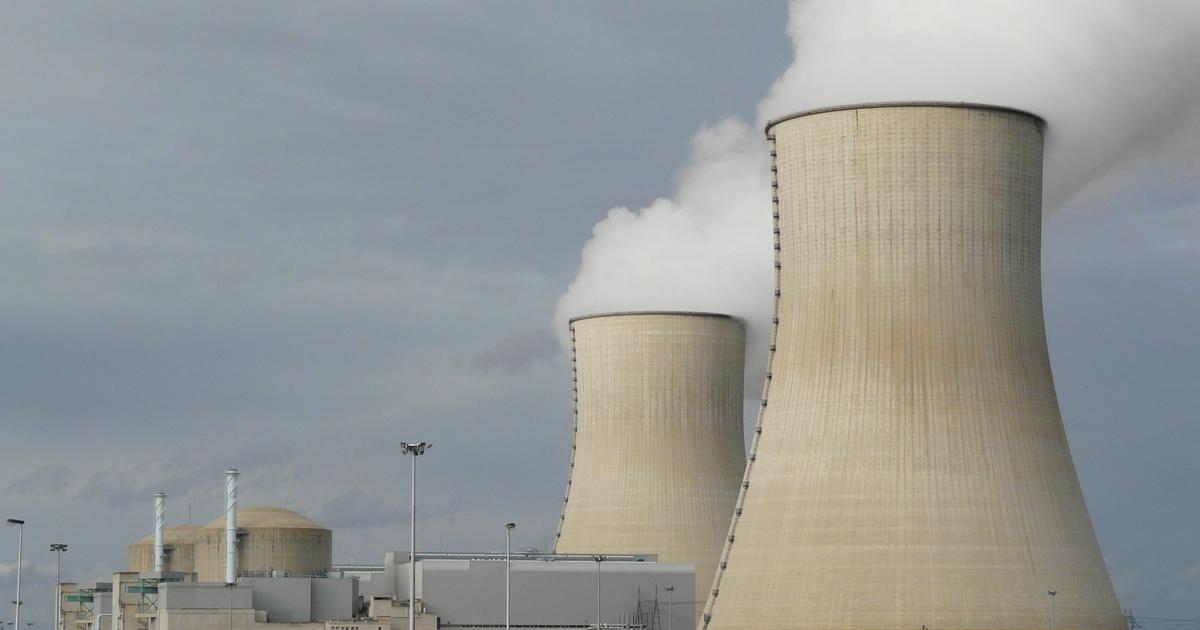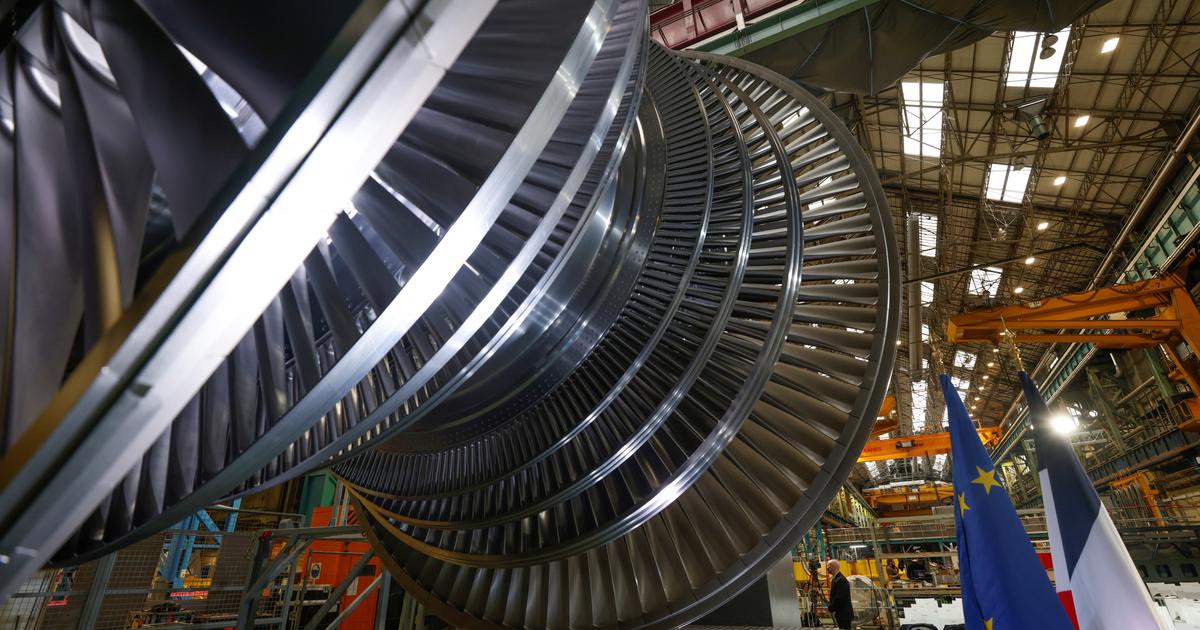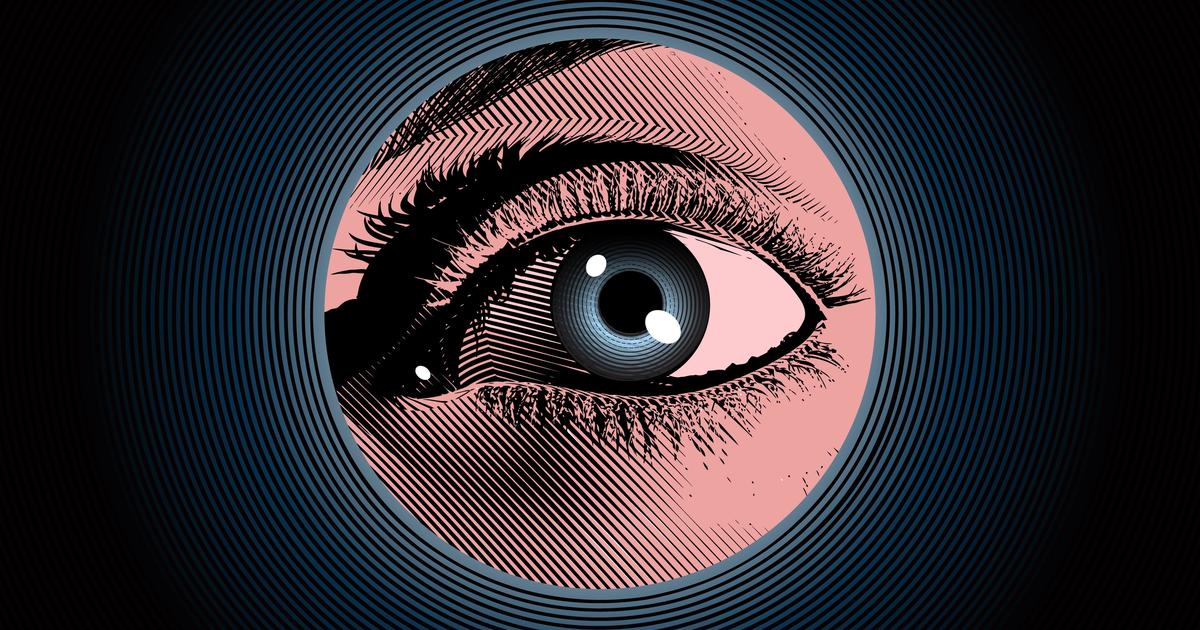This is a project that has been making waves at EDF since its presentation in 2019. The “
Hercules
”
project
, which provides for the reorganization of the energy company, is meeting hostility from the unions and part of the political class.
Explanations on this long-term dossier.
What is the planned project?
Hercules could result in a split of the group into three entities.
A public company (EDF bleu) would oversee the nuclear power plants and the transport network.
Another (EDF vert) would bring together commercial activities, electricity distribution and renewable energies.
It would be listed on the stock exchange, making it possible to attract investors to develop wind and solar power.
A third entity (EDF Azure) could finally cover the hydroelectric dams.
The government and the management of EDF insist on the fact that the group must remain integrated in spite of everything, with a single strategy, synergies between the different entities and the same status for employees.
But many important details remain to be clarified.
“
Today, we are unable to describe a precise outline of what this reform will be and its impact on the internal organization of the EDF group, for a very simple reason: negotiations with the European Commission are still ongoing.
», Underlined the Minister for the Ecological Transition Barbara Pompili during a hearing in front of deputies last week.
Why launch such a project?
EDF is currently heavily indebted and must at the same time invest heavily to extend the life of its nuclear fleet and develop in renewable energies in order to catch up with its competitors.
However, the group is currently handicapped by a mechanism which forces it to sell part of its nuclear electricity at low prices to its competitors.
France would like to review this price upwards so that EDF is better paid.
But we have to convince the European Commission, which ensures good competition in Europe.
In particular, it wants to avoid "
cross-subsidies
", for example that a boost to nuclear power benefits other EDF activities to the detriment of its competitors.
Hence the reflection on new forms of organization of activities.
Another long-standing problem concerns hydroelectricity: the Commission gave notice to France years ago to open up its expired concessions to competition.
The government is considering protecting them by giving them, for example, the status of public “
quasi-government
”.
What are the concerns of the opponents?
The unions and much of the opposition, from left to right, are fiercely opposed to the Hercules project.
They fear that the most profitable part (that which would carry distribution and renewables) will be privatized, while the burden of investments in nuclear power rests on the public: it is "
the socialization of losses, the privatization of profits
", thus denounce the staff representatives, who even launched an advertising campaign against the project.
Despite the government's promises, the unions also fear a dismantling that would call into question the interactions between the various businesses of the group.
For example, the management of watercourses by dams today takes into account the cooling needs of nuclear power plants.
"
Ultimately, as for our highways, the price of energy will be aligned with those of the market, leading to sharp price increases and rationing of electricity
", still fear employee representatives.
When will the project end?
The project launched in 2018 is still ongoing, suspended from discussions with Brussels.
“
To date we are not even sure of reaching an agreement,
” admitted Barbara Pompili to the deputies.
A possible reform must pass before Parliament with a dedicated law, which leaves a limited window of fire before the launch of the campaign for the presidential election of 2022. In the event of failure of the negotiations, the government judges that the status quo does not is not desirable and wants to look for a "
plan B
".


